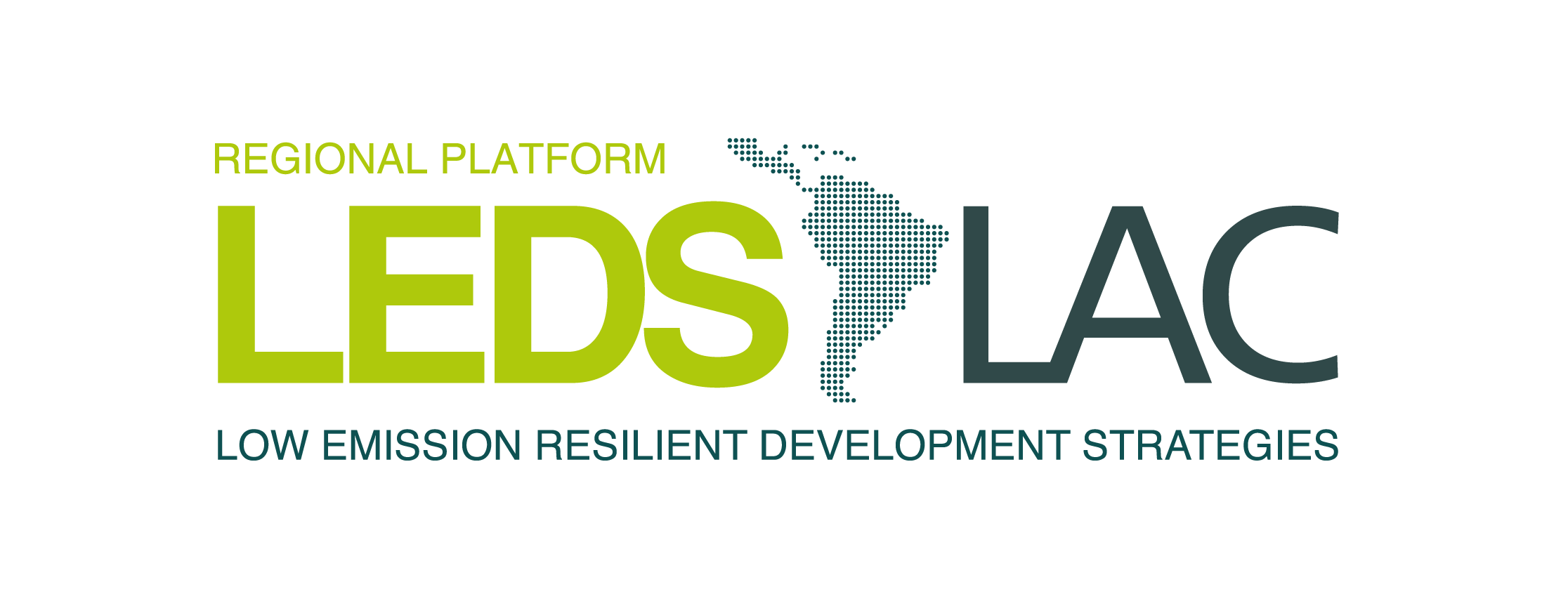On the occasion of the International Composting Awareness Week ICAW 2024, the Community of Practice on Methane Emissions Reduction from Organic Sources in Latin America and the Caribbean (CoP MetLAC) organized the webinar "Composting in Latin America and the Caribbean: experiences, benefits and challenges" on May 8, 2024.
The MetLAC CoP is a joint initiative of the Center for Clean Air Policy (CCAP), ImplementaSur and the LEDS LAC Regional Platform, with funding from the Global Methane Hub (GMH). Its objective is to promote and support the development of public policies, business models and investment projects to reduce methane emissions from organic sources in Latin America and the Caribbean.
The webinar began with welcoming remarks by Aida Lorenzo, coordinator of the MetLAC CoP. Afterwards, Pedro Rizzo, president of the Argentine Composting Association (ASACOMP), gave an introductory presentation on the subject. The panel of experiences, moderated by Graciela Hernández of ImplementaSur, provided information on successful cases from three countries in the region. From Brazil, Laís Ferreira presented the experience of the Polis Institute. From Chile, Ana Carrasco Troncoso presented the community experience of the Municipality of Santa Juana. In addition, Diego Fermín Cárdenas presented the experience of the company Control Ambiental in Colombia.
During the panel, various conceptual and practical aspects, opportunities and challenges to expand the adoption of this technology were explored. It was highlighted how composting is an option for organic waste management that contributes to improving soil quality, while reducing greenhouse gas emissions, especially methane, and generating other environmental, economic and social co-benefits.
At the community level, the importance of involving the community in the design of composting projects to develop initiatives adapted to local patterns was highlighted. The need to develop awareness-raising and training in the management and segregation of organic waste was also emphasized as key elements to ensure the long-term sustainability of the projects.
Throughout the discussion, technical challenges and challenges related to funding sources were also identified, particularly in municipalities with limited resources and financial autonomy. It is therefore necessary to promote a dynamic local management in constant innovation and improvement of their composting practices, as well as the support of departmental institutions and the involvement of the private sector.
In addition, the need to adapt composting technologies to the local context and regulate the quality of the processes to ensure high quality products and an effective reduction of greenhouse gases was highlighted.
In addition, the importance of developing an enabling policy framework that promotes large-scale and community-level composting, organic solid waste management and financing initiatives, as well as developing policies with a comprehensive approach that incorporates sustainability criteria, was highlighted.
The event concluded with closing remarks by Santiago Uribe of CCAP, who emphasized that composting has multiple benefits for the community and the various stakeholders, and that it should be considered within a broad and comprehensive waste recovery and reduction strategy that guides the system towards an innovative, sustainable and long-term design.
Learn more about the MetLAC CoP here: http://bit.ly/metlacmetano
- May 08, 2024
- Virtual
- Download presentation: "Introduction to Composting" by Pedro Rizzo, president of the Argentine Composting Association (ASACOMP)
- Download presentation: "Experience of the Pólis Institute, Brazil" by Laís Ferreira dos Santos, Project Assistant
- Download presentation: "Experience of the Municipality of Santa Juana, Chile" by Ana Carrasco Troncoso, Plant Manager
- Download presentation: "Environmental Control Experience, Colombia" by Diego Fermin, Innovation Manager
